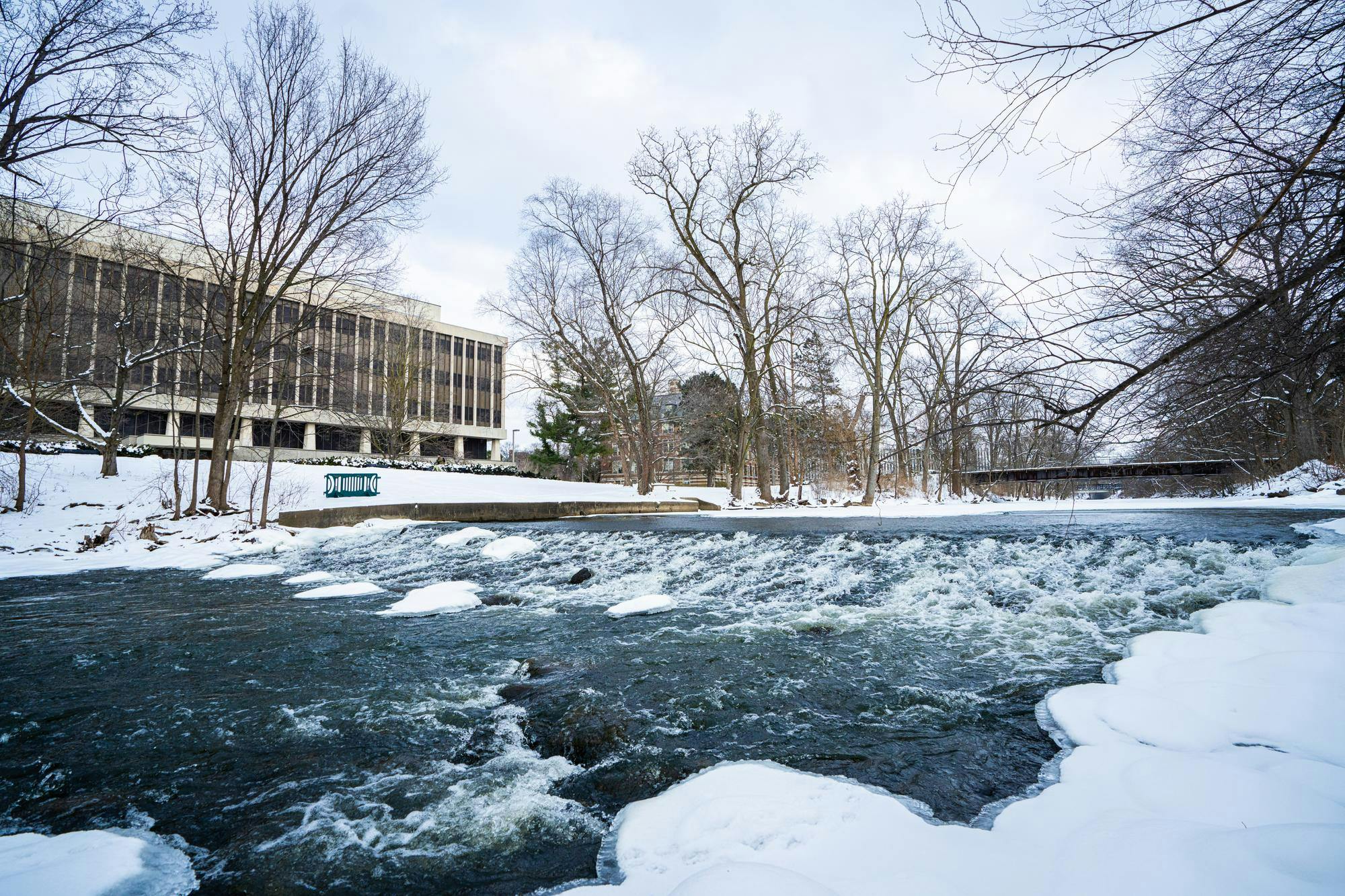
MSU Seeks Weir Removal to Improve River Health
Michigan is actively removing aging dams and weirs, structures used to control water flow across rivers and streams, as they near the end of their useful lives. The Michigan Department […]
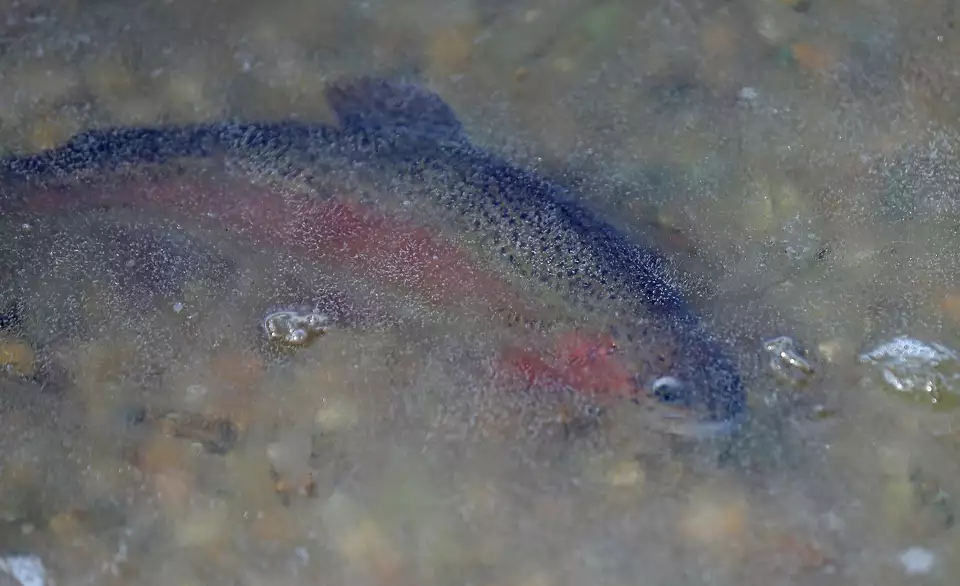
How Michigan’s Pond Life Survives Winter
When a pond freezes over in winter, the ice acts as an insulating layer, allowing a vibrant ecosystem of aquatic organisms to thrive underneath. Fish such as bluegill, northern pike, […]
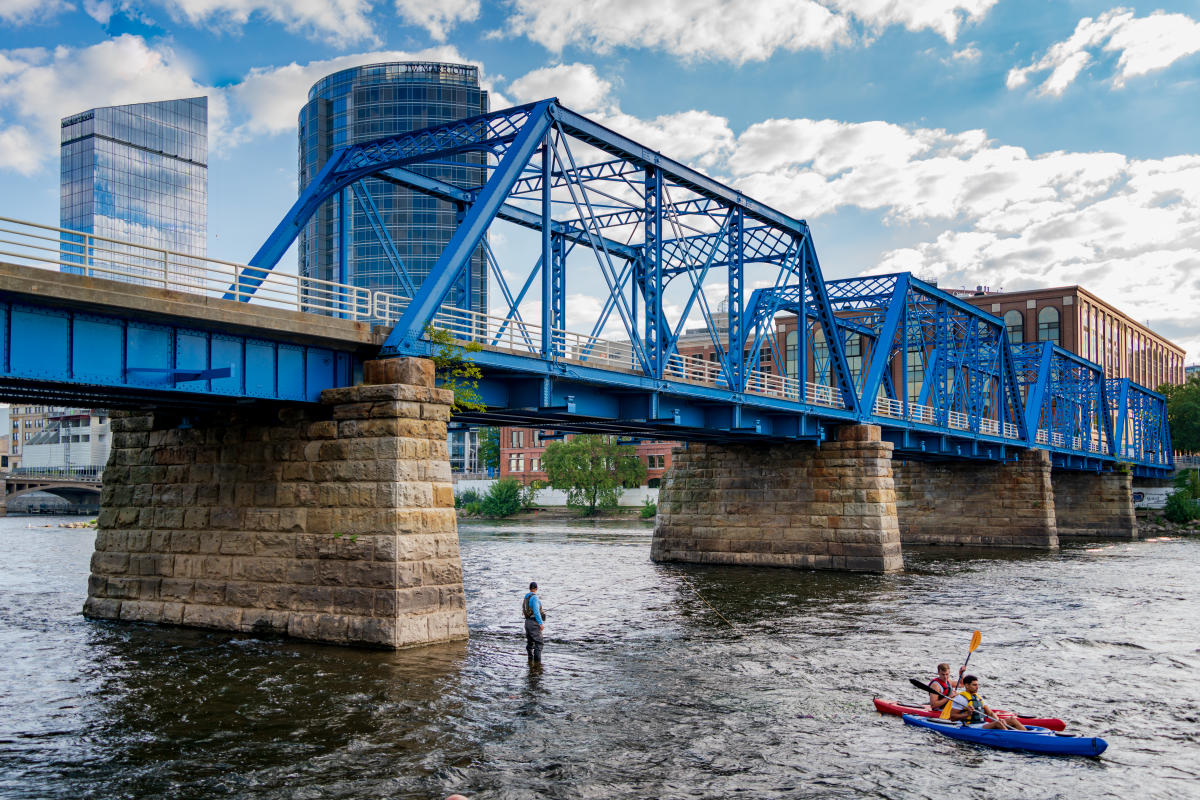
EGLE Approves Grand River Rapids Restoration
Grand Rapids received its name from the whitewater rapids on the Grand River, which were removed in the late 1800s and early 1900s. Efforts to restore the rapids have been […]
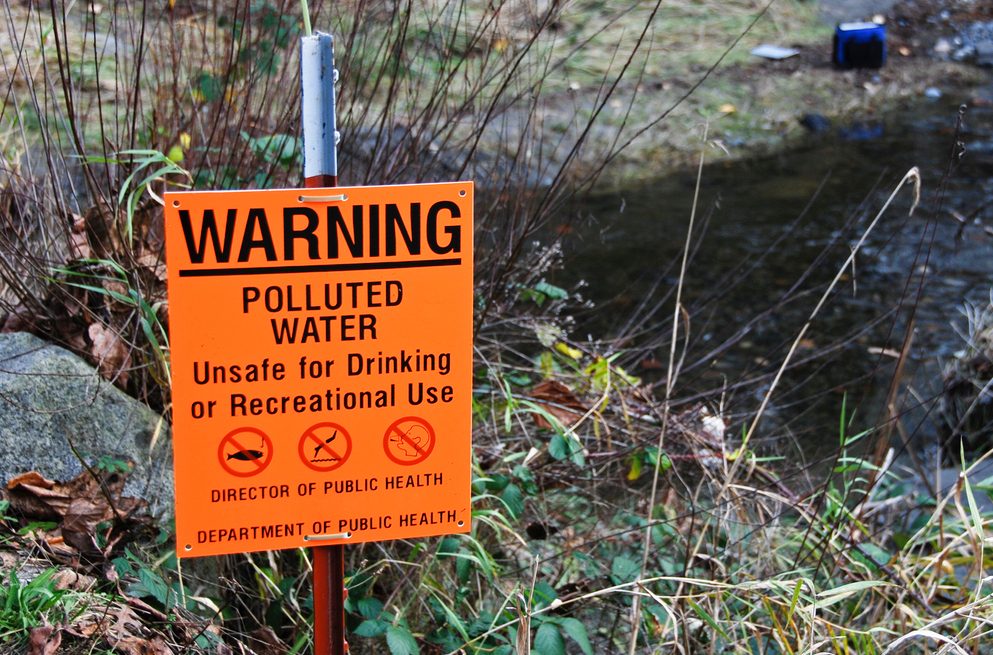
EPA Bans Toxic TCE to Protect Michigan’s Groundwater
The Environmental Protection Agency announced a nationwide ban on trichloroethylene (TCE), a soil and groundwater contaminant found at over 300 sites in Michigan. TCE is commonly used as a solvent […]
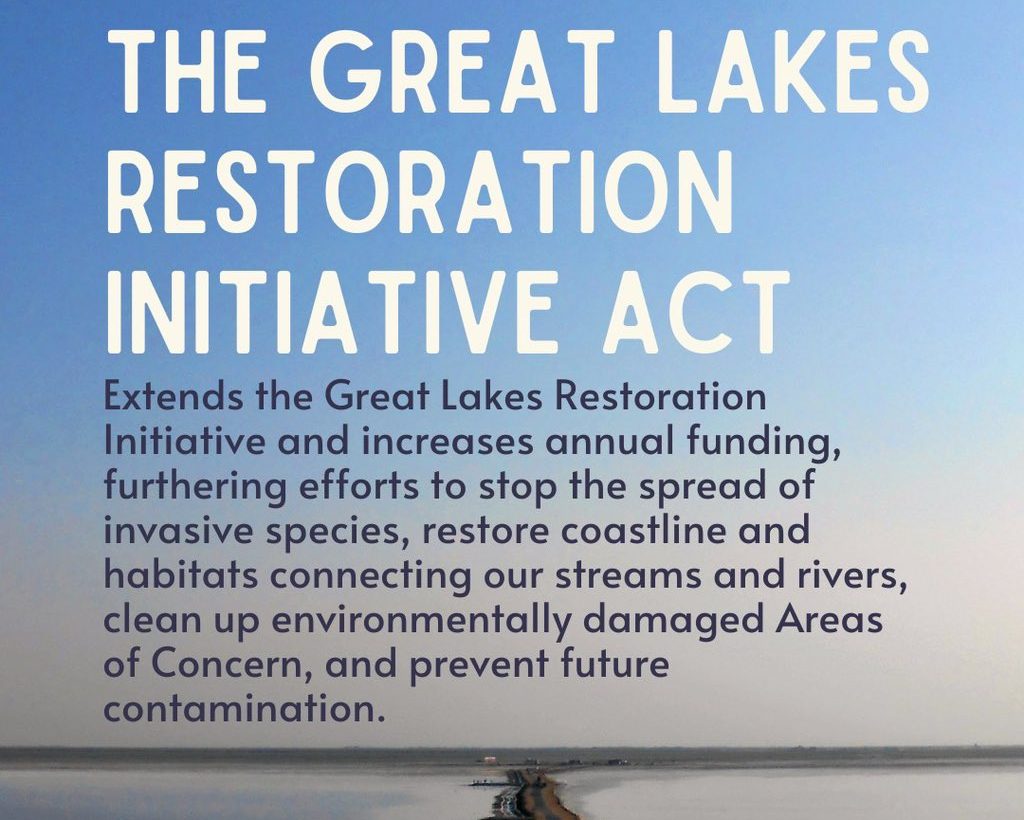
US Senate Passes Great Lakes Restoration Initiative Act of 2024
On December 5, 2024, the US Senate passed the Great Lakes Restoration Initiative (GLRI) Act of 2024 in a bipartisan vote. GLRI was established by Congress in 2010 to allow […]
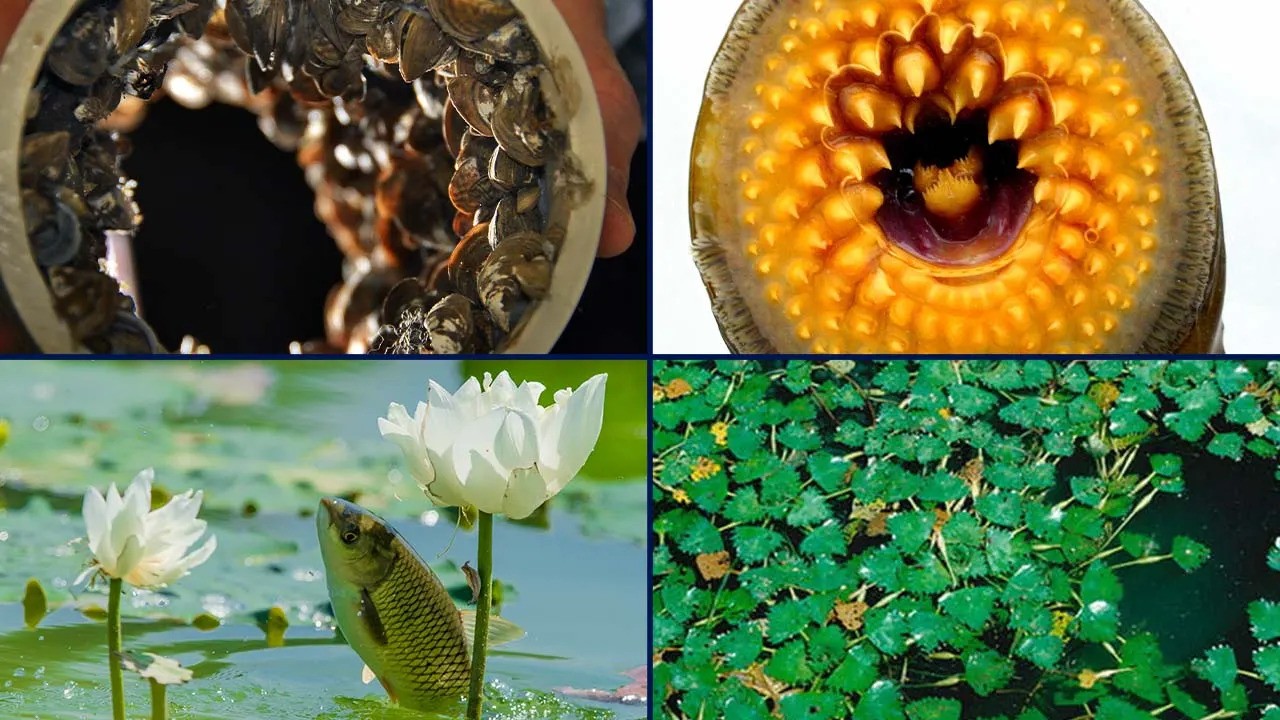
Great Lakes Top 10 Most Invasive Species
Researchers released the top ten most invasive species in the Great Lakes in an article in the Journal of Great Lakes Research. There are 188 non-native species inhabiting the Great […]
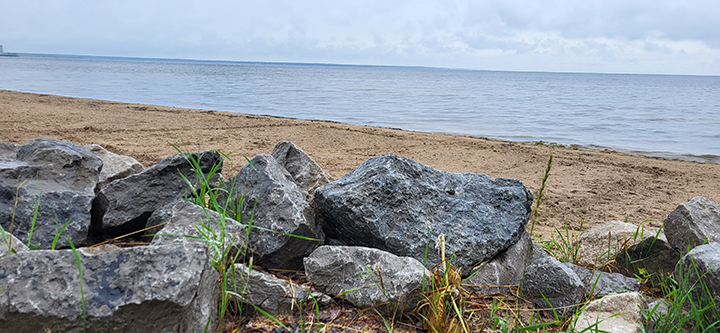
Michigan Beaches Closed Due to High Levels of Bacteria
High levels of E. coli in the Great Lakes and Michigan’s inland lakes can cause beach closures throughout the summer. E. coli enters Michigan’s waterways from a variety of sources […]
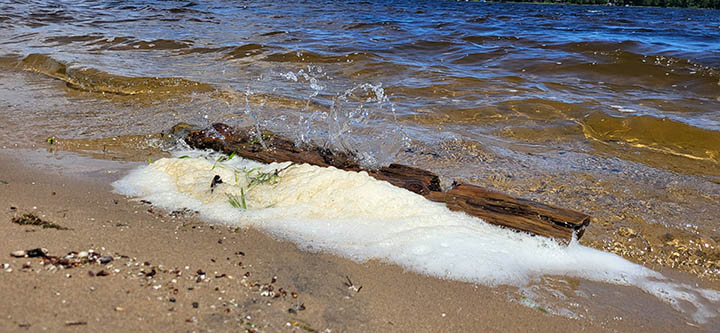
The Impact of PFAS on Michigan’s Coastal Communities
PFAS are “forever chemicals” that make their way into Michigan’s groundwater and affect the health and economies of coastal communities. PFAS, or perfluoroalkyl and polyfluoroalkyl substances, are hydrophobic chemicals found […]
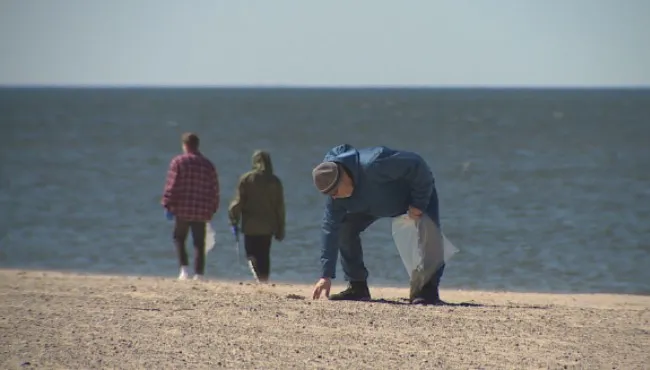
Adopt A Beach Program Prevents Microplastic Pollution
The Alliance for the Great Lakes launched its Adopt a Beach program in 1991. Since then, volunteers have removed more than 9.7 million pieces of litter, that’s 535,000 pounds of […]
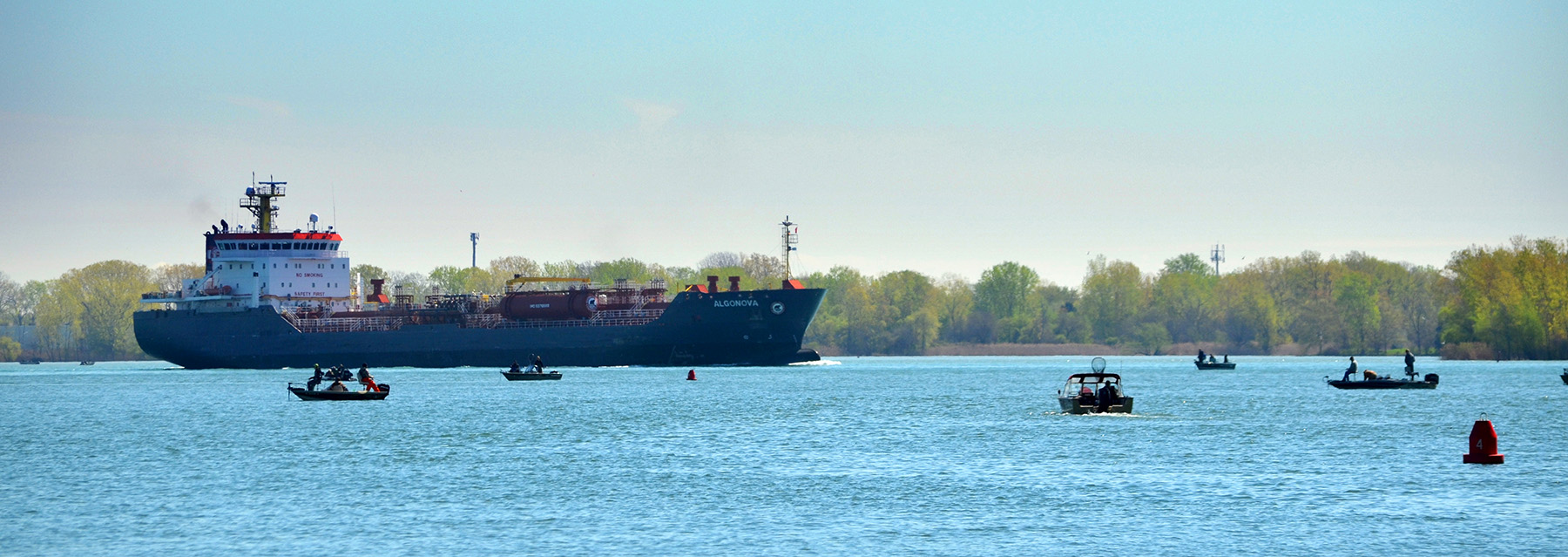
Economic Transformation through Great Lakes Region Freshwater Initiative
A conference of mayors in the Great Lakes region focused on utilizing the area’s freshwater resources to fuel economic revitalization. Many manufacturing processes require water, so the Great Lakes region […]
